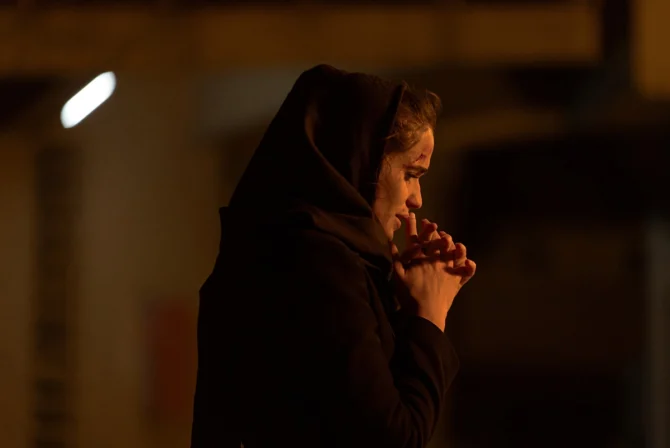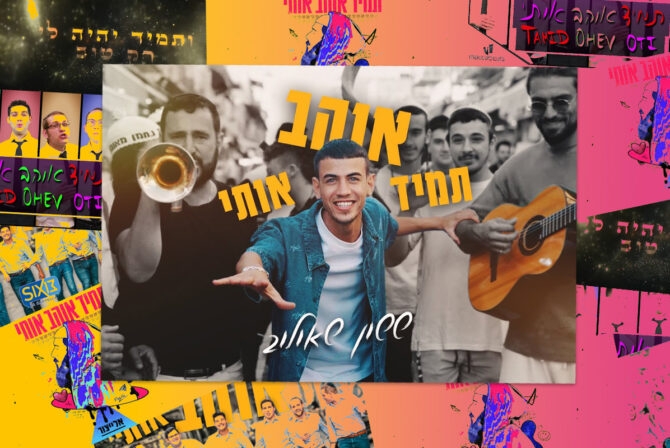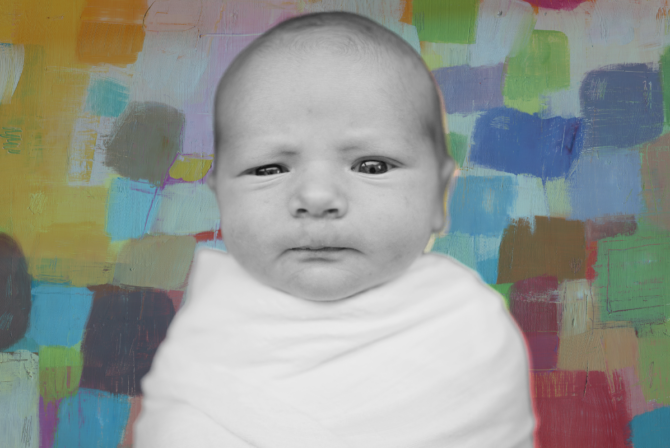Every couple of months, a story will surface on my Facebook newsfeed about a couple that made the ultimate sacrifice: saying their wedding vows in a cramped hospital room at the bedside of a dying parent. An endless stream of comments follows, lauding the couple for their selflessness.
Though I often weep at other Facebook tear-jerkers (the deployed military parent surprising his or her kid at school gets me in the kishkes every time), I skip right over the bedside nuptials. It’s not because I’m hard-hearted or have a fear of hospitals or over-romanticize weddings–it’s simply too painful for me to watch, because I was in the same situation 14 years ago and opted to delay my nuptials until after my father passed away.
When my father was first diagnosed with lung cancer in 1999, I was brimming with optimism. He could be the exception. He could surpass the five-year maximum life expectancy. He could survive. He would survive.
READ: Sheryl Sandberg Mourns Her Late Husband on His 48th Birthday
Despite my father’s claim that he would start smoking again if he ever received a terminal diagnosis (he had been smoke-free for 15 years), he never did. He endured surgery to remove a lung and underwent chemo and radiation like a champ. He was back at work in no time; his twisted sense of humor returned and life went on. My boyfriend of three years proposed, and it was time to plan a wedding.
But cancer is a savage beast and about six months after he appeared to be cancer-free, it came back with a vengeance. Our wedding was scheduled for October, but after much deliberation, we moved it up to March. We wanted my dad to be there, to walk me down the aisle, to twirl me around on the dance floor during the traditional father-daughter dance.
Our family and friends quickly made plans to come to a wedding that would take place in eight weeks, but by the first week of February 2001, my father’s condition had declined rapidly. At the hospital, we heard the words we were dreading: “We’ve called in hospice.”
I tried to convince myself that hospice could be temporary. “Surely there have been patients who have bounced back,” I said to anyone who would listen. “Hospice isn’t a death sentence.”
READ: With All the Planning for My Son’s Bar Mitzvah, I Never Expected This
I was met with reassurance. “Of course,” nurses and doctors and friends and family responded. But my father, pumped up on morphine and no longer able to communicate, was declining rapidly.
I finally worked up the courage to talk to his oncologist, who confirmed what I already knew: My father would likely not survive the week.
My fiancé and I turned to our beloved rabbi, whose judgment we trusted implicitly. He had been a staple by my side from the day my father was diagnosed.
“Should we get married at his bedside?” we asked.
“When a funeral procession and wedding procession meet at a crossroads, the wedding procession always has the right of way,” he said, advising us that our wedding should be a joyous occasion celebrating life.
Our rabbi knew my dad well—he was the driving force behind my father’s newfound involvement in our synagogue and they had been close for years. He knew that my dad wouldn’t want our wedding to be in a hospital room, especially his own.
Though it was difficult to come to terms with our decision, we chose to heed his advice and wait. My father passed away on February 7, 2001. Once the shiva was over and a couple of months had passed, we went back to the drawing boards, scheduling our wedding for September 30, 2001. Eight months would have passed since my father’s death, and we hoped that the family would be ready for a celebration.
On September 11, 2001, as I watched footage of the planes crashing into the Twin Towers, I wondered if my wedding was cursed. I met with my rabbi shortly after the terrorist attacks and asked him, once again, what to do.
“It feels wrong having a wedding when so many people are suffering,” I confessed to him.
READ: Grieving My First Child While Pregnant with My Second
“When a funeral procession and wedding procession meet at a crossroads, the wedding procession always has the right of way,” he reminded me.
He repeated those words at my wedding two-and-a-half weeks later before friends and family who boarded planes and flew in from all around the country to celebrate our long-awaited simcha.








